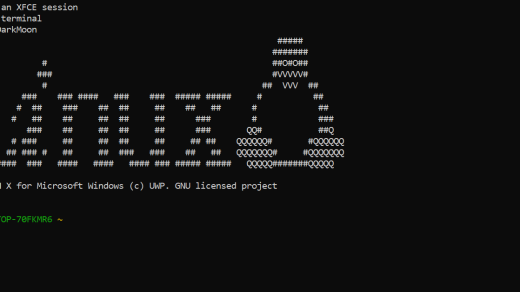Are you tired of constantly dealing with crashes, viruses, and expensive software updates? Discover the numerous advantages of using Linux over Windows and why it may be the right choice for you.
Open Source Nature
The **open-source nature** of Linux provides numerous advantages over Windows.
With Linux, users have access to a wide range of **Linux distributions** to choose from, each offering unique features and customization options.
**Installation** of Linux is often quicker and easier than Windows, and updates are readily available through the **package manager**.
Linux is known for its **reliability** and **security**, with fewer vulnerabilities to **malware** and **security threats** compared to Windows.
Additionally, Linux offers a variety of **desktop environments** to suit individual preferences, making it a versatile choice for users.
By choosing Linux over Windows, users can enjoy a **cost-effective** and **privacy-focused** computing experience without sacrificing performance or functionality.
Secure
Linux distributions come with built-in security features, such as package managers that only install trusted software and regular system updates to keep your system protected. This focus on security makes Linux a popular choice for those concerned about privacy and data protection.
By choosing Linux over Windows, you can enjoy a more secure computing experience without worrying about targeted advertising, data collection, or potential security breaches. With Linux, you are in control of your system’s security and can customize it to fit your needs.
Investing in Linux training can not only enhance your computer security but also provide you with valuable skills that can benefit you in various industries. Take the first step towards a more secure and reliable computing experience by learning about the advantages of using Linux.
Stability
The open-source nature of Linux also contributes to its stability, as a large community of developers continuously work to improve and update the software. This results in frequent patches and updates that help enhance the overall stability and security of the system.
Additionally, Linux distributions typically have a streamlined and lightweight design, which allows them to run efficiently on a wide range of computer hardware. This means you can enjoy a stable and reliable performance even on older or less powerful machines.
Cost-effective
In addition to being free, **Linux** also has lower system requirements compared to **Windows**, allowing users to run it on older or less powerful hardware. This can further reduce costs by extending the lifespan of existing computer equipment and avoiding the need to purchase new hardware.
Furthermore, **Linux** is known for its security features, with regular updates and patches to address vulnerabilities. This can help prevent malware and security breaches, potentially saving users money on costly repairs or data recovery in the event of an attack.
Performance
Additionally, Linux is known for its stability and reliability, which means fewer crashes and system failures. This is crucial for businesses and individuals who rely on their computers for work or personal use. With Linux, you can expect a more seamless and uninterrupted computing experience.
Another advantage of Linux in terms of performance is its ability to handle multiple tasks simultaneously without slowing down. This makes it an ideal choice for power users who need to run resource-intensive applications or multitask extensively. Plus, Linux’s customizable desktop environment allows you to optimize your workflow and tailor your system to suit your specific needs.
Privacy

Linux distributions often come with built-in tools for computer security and privacy protection, such as firewalls, encryption software, and privacy-focused browsers. Additionally, Linux users have more control over their system settings and can easily customize their privacy preferences to suit their needs. By using Linux, users can minimize the risk of targeted advertising and avoid intrusive data collection practices that are common with Windows.
Community Support
Whether you prefer forums like Reddit, instant messaging platforms like Telegram, or dedicated Linux websites, there are numerous avenues to seek help and guidance. This level of community support can make troubleshooting and learning much easier and faster compared to relying solely on official support channels.
Additionally, the open-source nature of Linux means that users can access and modify the source code, leading to a more transparent and collaborative environment. This fosters a sense of ownership and empowerment among users, making Linux training a valuable investment in your technology skills.



